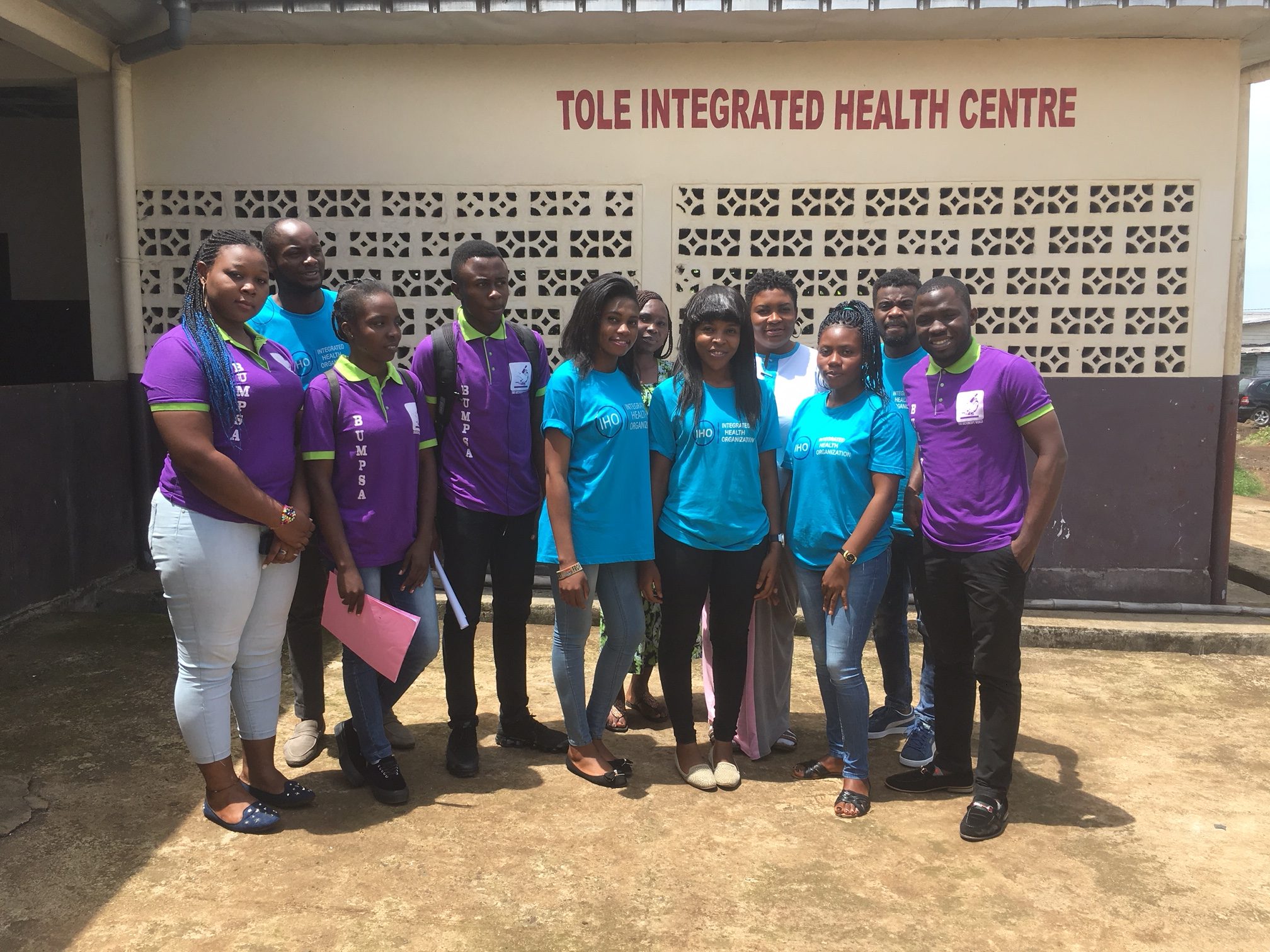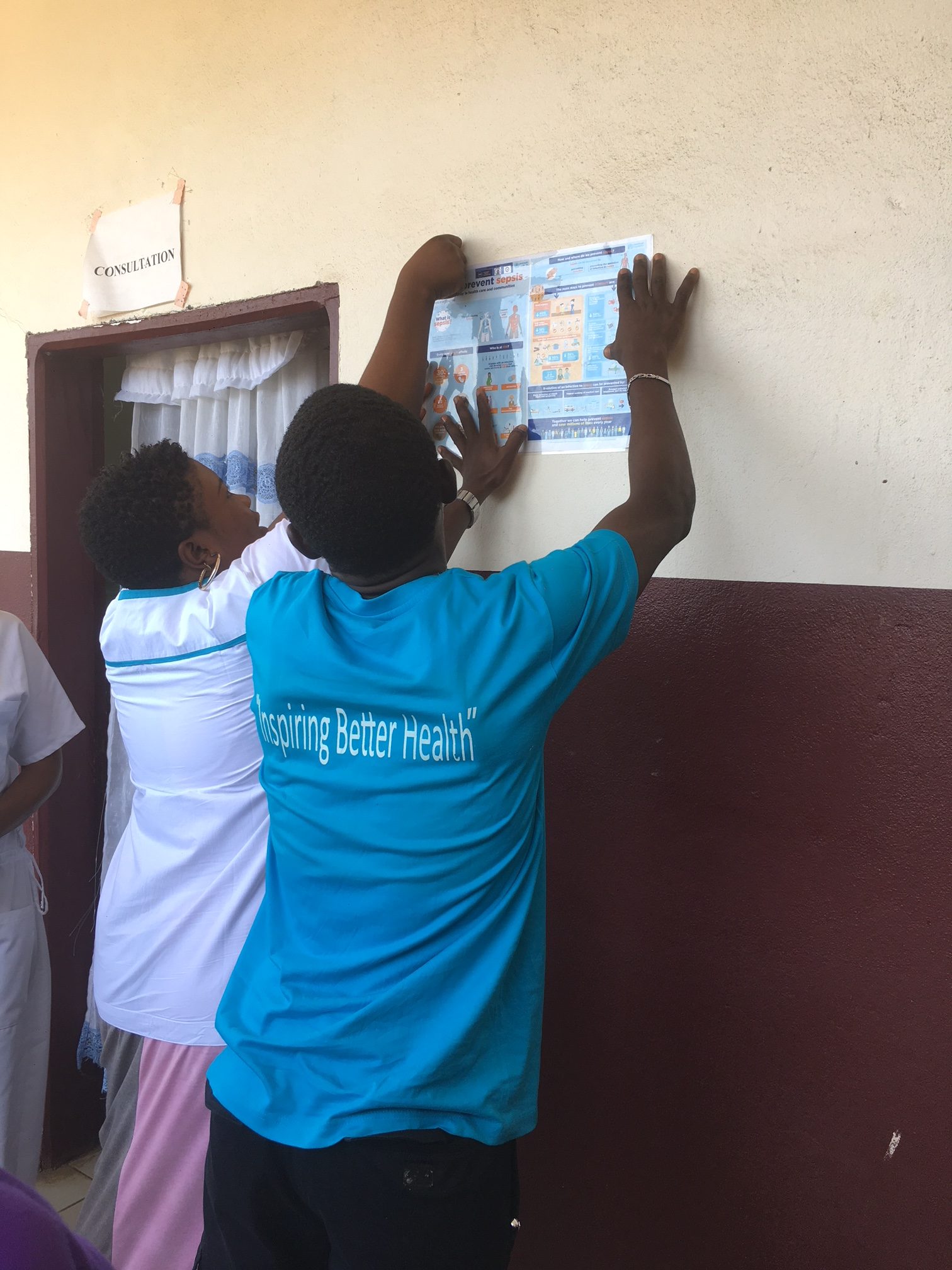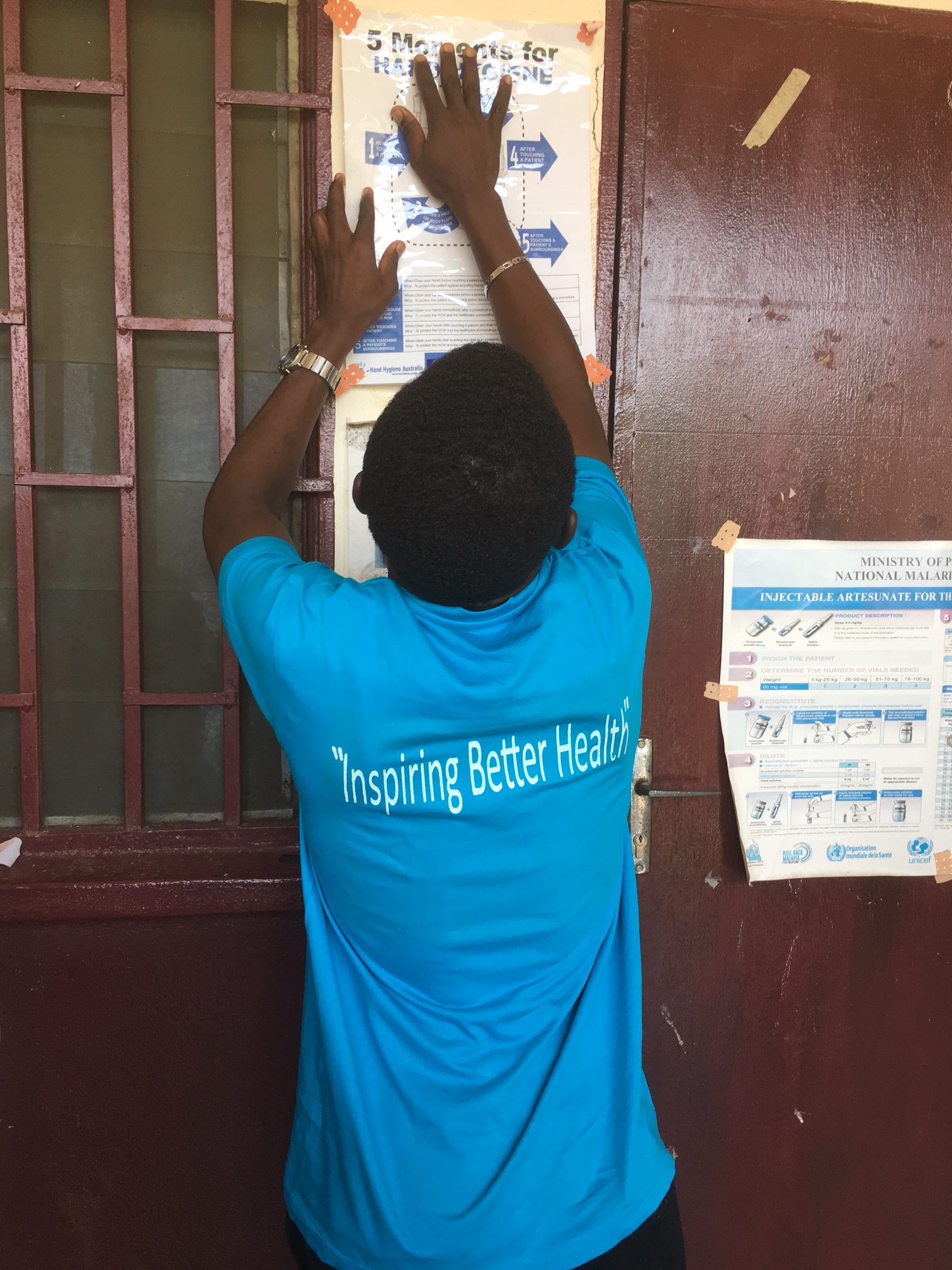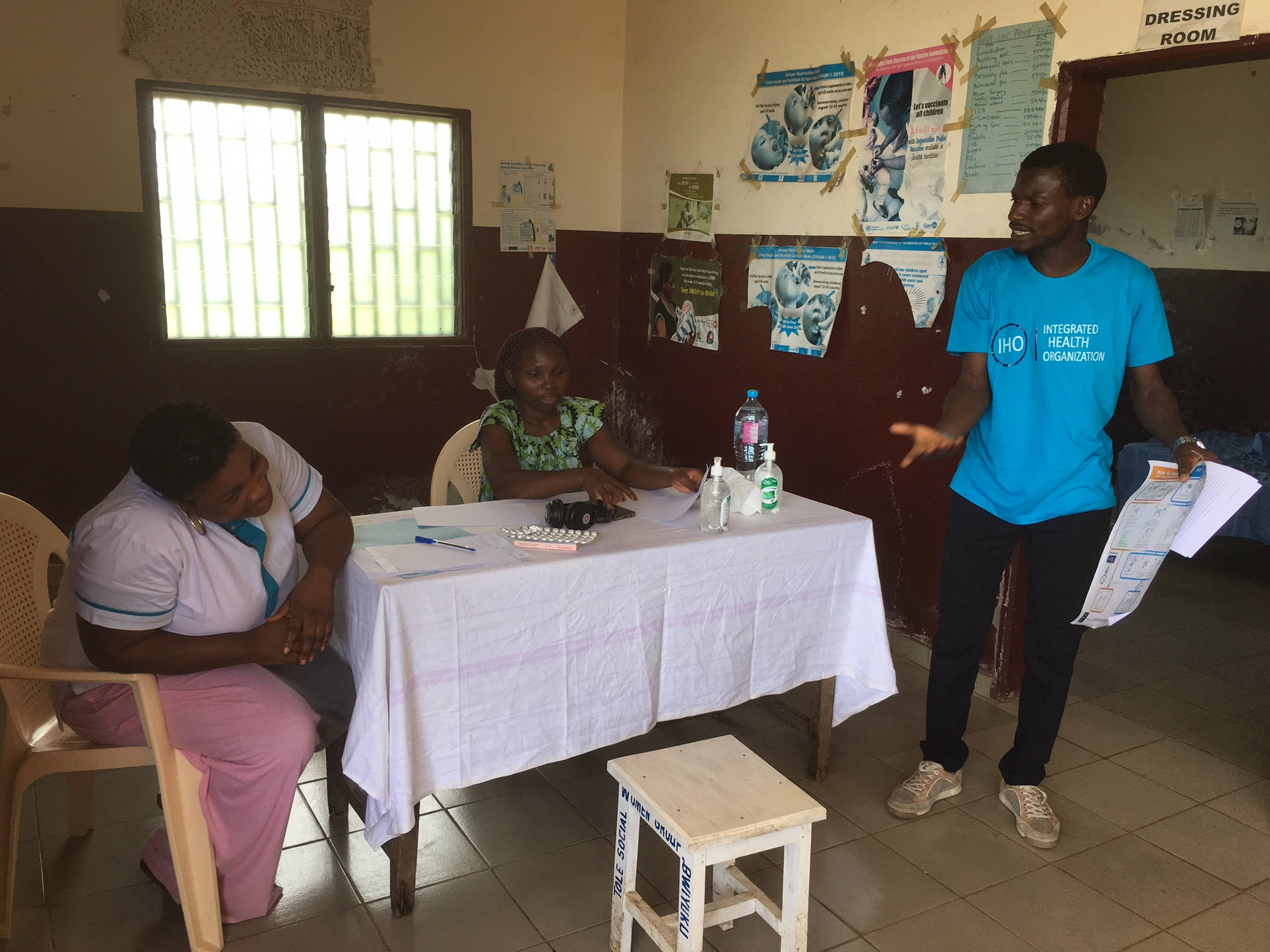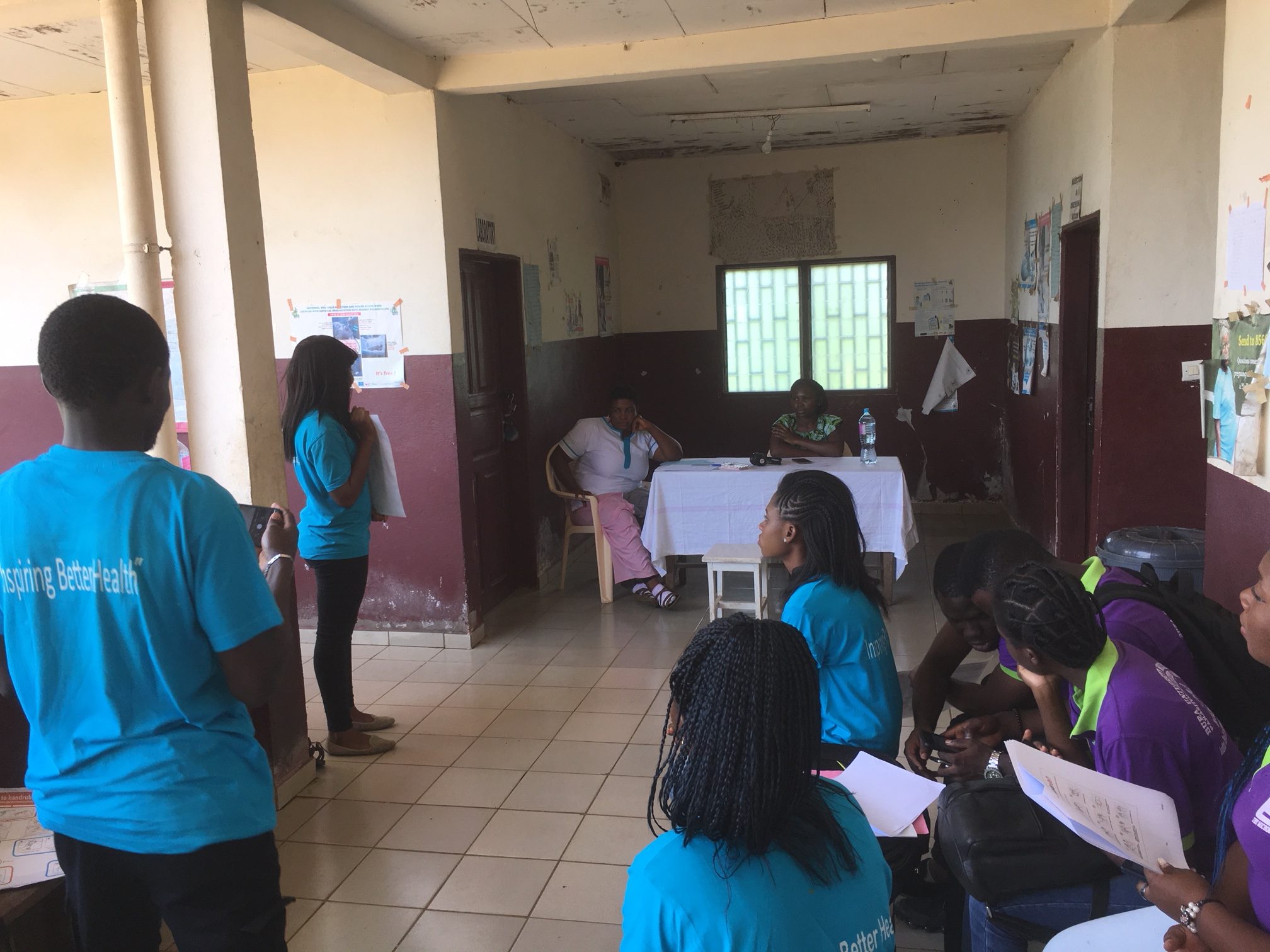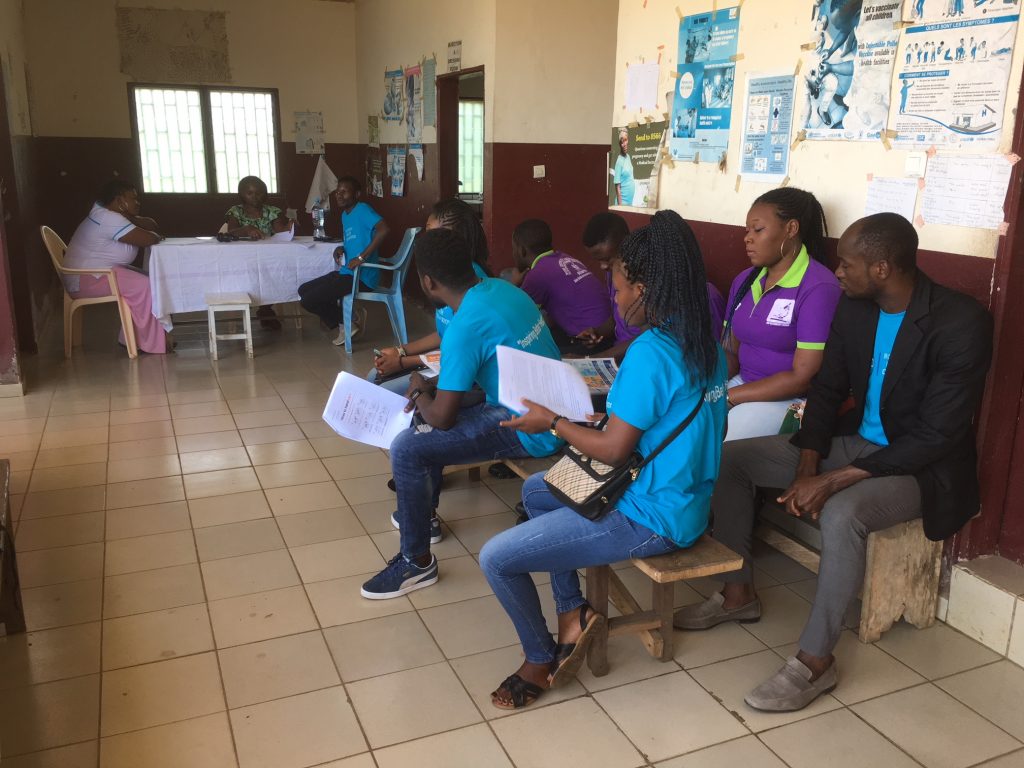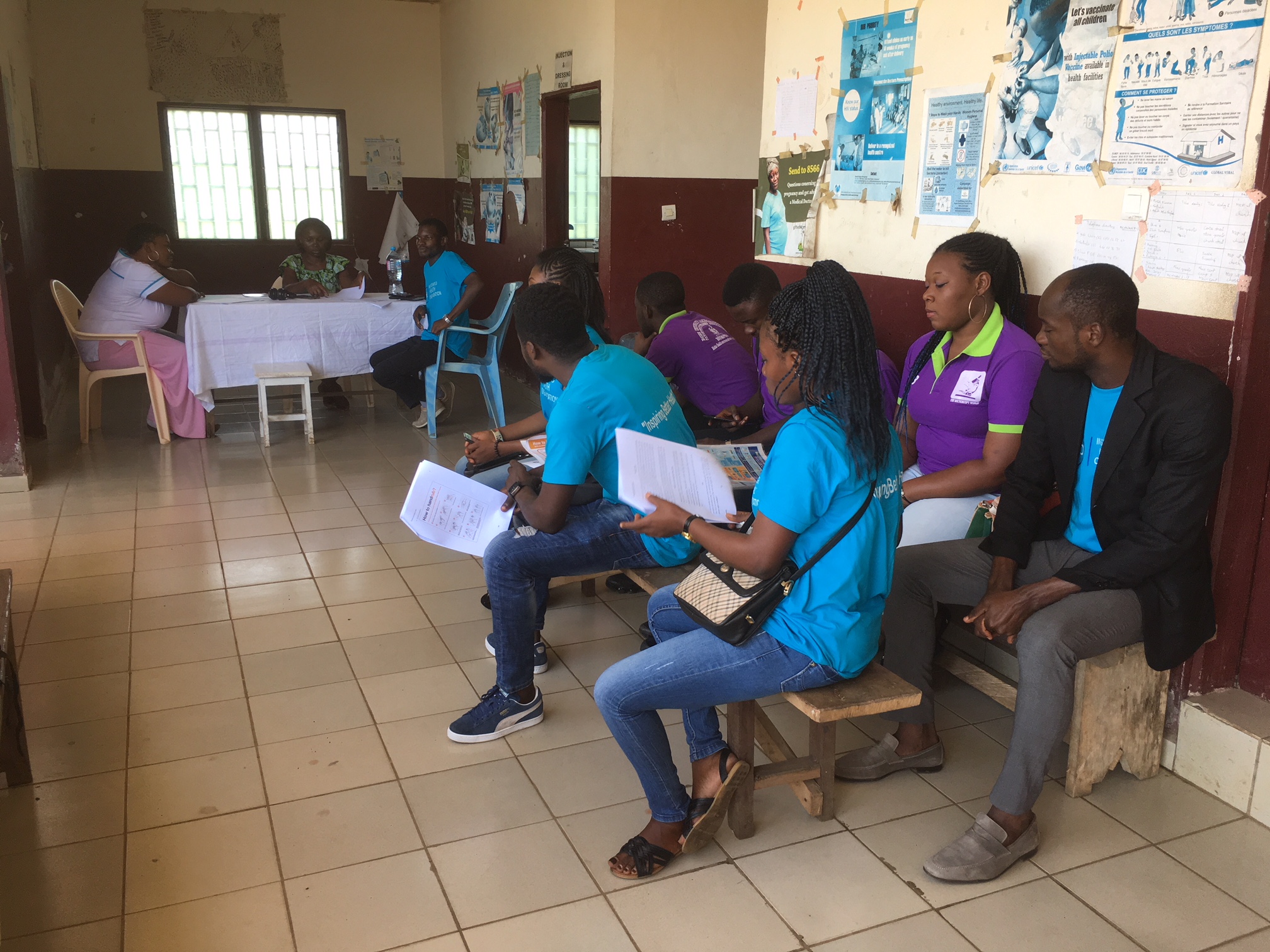The first ever world hand hygiene day was celebrated on May, 05th 2009, when the World Health Organization (WHO) started the SAVE LIVES: Clean Your Hands Global Campaign. Ever since then, it has remained an important date in the WHO calendar which serves to create awareness in the vast majority of people who most often neglect cleaning their hands regularly because they do not understand the importance of this activity. It is therefore important that everyone is made to understand that hand hygiene is an effective barrier between health and diseases spread by unclean hands, and according to the WHO, is the most significant step in the prevention of hospital acquired infections.
Once again, healthcare workers are the main demographic target for the world hand hygiene day. The WHO is calling on every health facility to prevent health care-associated sepsis through effective hygiene and infection and control because across the world, sepsis is estimated to affect more than 30 million patients yearly. This is in line with the theme for this year’s commemoration of the world hand hygiene day which is “It’s in your hands, prevent sepsis in healthcare”.
Our objective was to:
Create awareness on hand hygiene and its importance in infection prevention and control in the Integrated Health Center, Tole.
Ensure health care workers should improve or maintain high hand hygiene habits.
Encourage patients and visitors to properly wash their hands by educating them on the importance of hand hygiene.
OUR ACTIVITY
The integrated health organization members and others gathered at 10:00am Memorz, where they boarded taxis that took them to the Integrated Health Center, Tole. Upon arrival they were highly welcome by the Chief Nurse, who was representing the Head in charge.
The program began with a brief talk titled “The five moments of hand whashing” by Miss Bamu Damaris. She enlisted the five moments an individual should wash their hands. This message was supplemented by a poster which contained detailed graphics to place emphasis this point.
Next on the agenda was a presentation by Mr Nchangi Gordon, who gave a demonstration on how health care workers should wash their hands. He advised them to use hand sanitizers as well as soap and flowing water.
Last on the agenda was a presentation by Mr Tabe Glenn who gave an overview of what sepsis is, world health statistics, ways of prevention and treatment.
LIMITATION
Inadequate funds to supply the clinic with more sanitizers and soap.
COLLABORATORS
Buea University Microbiology and Parasitology Students Association
